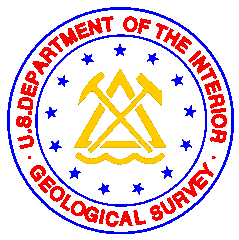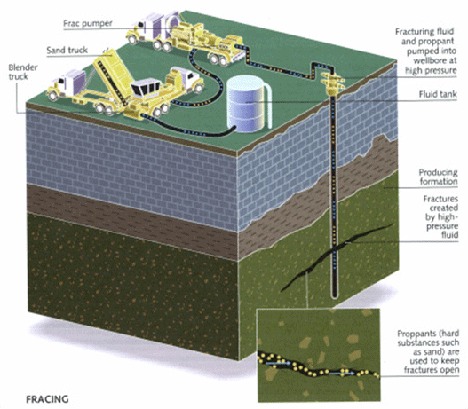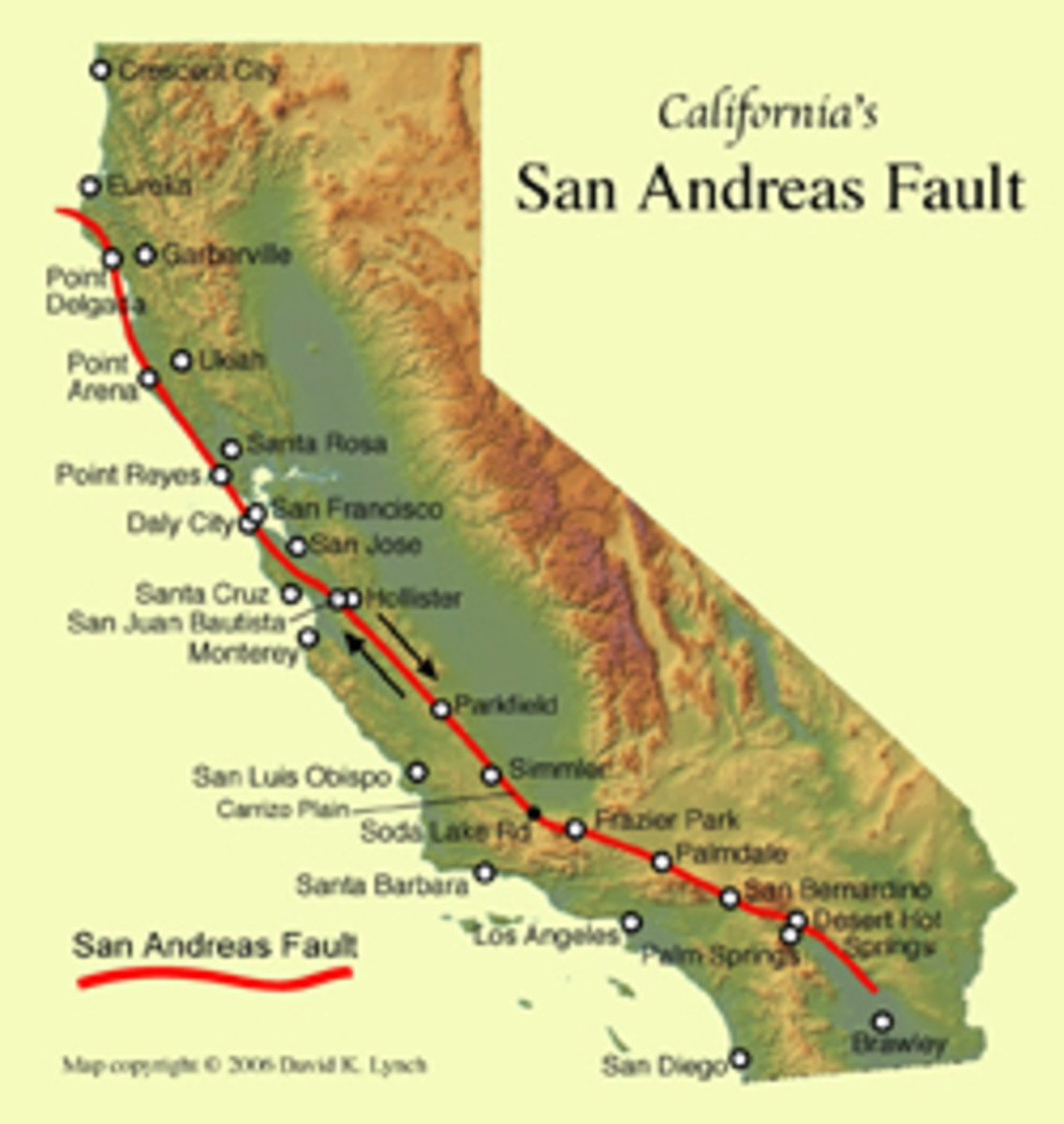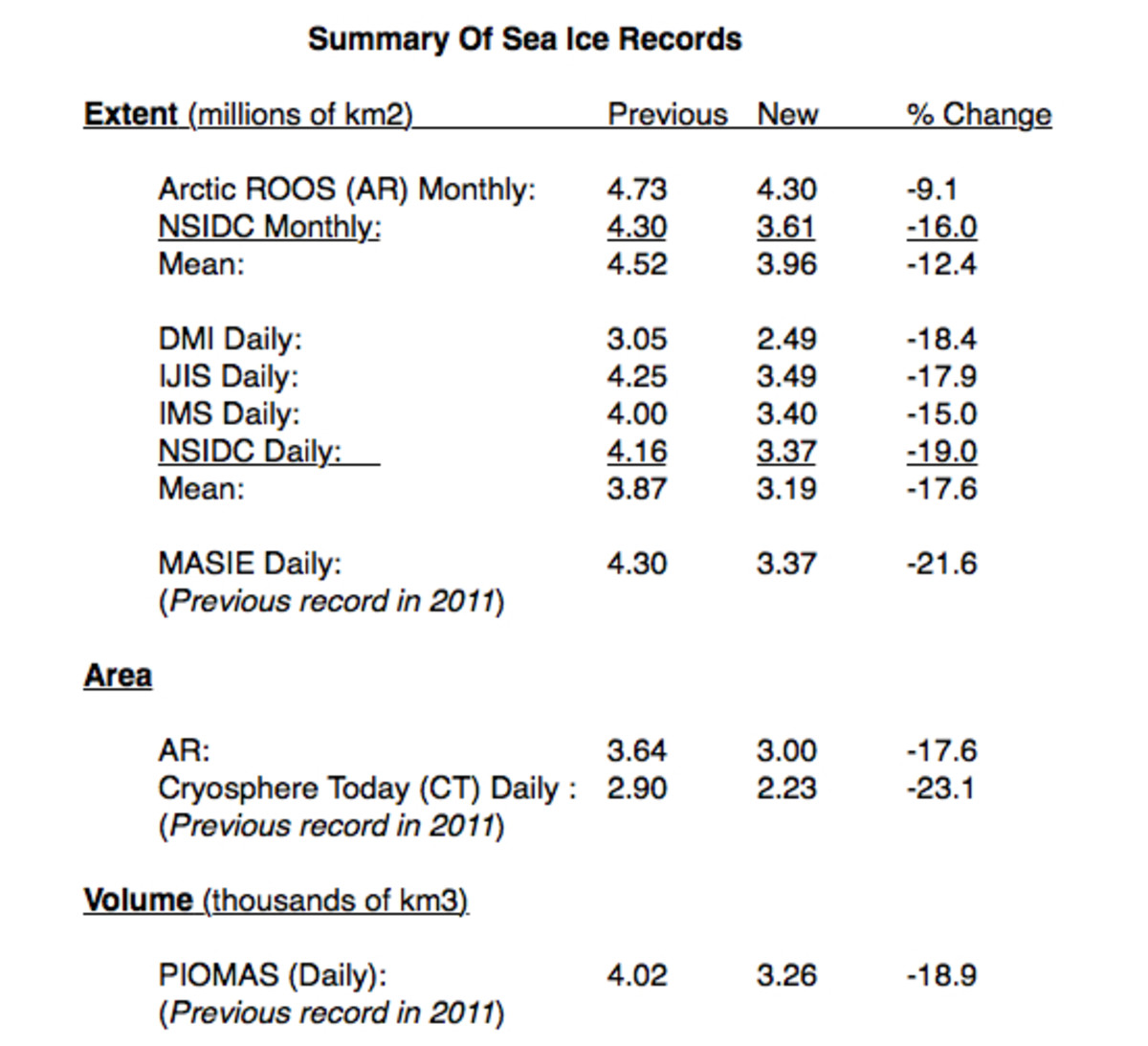Man Made Earthquakes

US Geological Survey
A report to be filed by the USGS later in the month, will state that the increase in the number of earthquakes in the United States, over the last several years, are happening because of oil and gas mining.
The study they carried out to determine their report, covered an area West of Ohio and East of Utah. They covered earthquakes of a magnitude 3 or over.
From the year 1970 to 2000 there was an average of 21 earthquakes per year. From 2001 to 2008 this figure increased to an average of 29 then in the following years there were 50, 87 and then in 2011, 137 earthquakes.
The author of the report William Ellsworth says that Methane production started in that area in 2001 and so cannot be ruled out to having a link in the increase in earthquake activity.
Fracking

Fracking
The process of fracking has been suggested as possibly causing earthquakes. “Fracking” is a name that has been given to hydraulic fracturing. This is a process where waste water is pumped into the ground to fracture the rock and allow oil and gas to escape. However Ellsworth said that his team had not found any proof that fracking was responsible for the earthquakes.
Two theories have been put forward, the first being that the injected fluids change the friction and stickiness along fault lines. The second is that the fluids build up pressure underground and quicken up a reaction that would have happened at some time anyway.
San Francisco 1906

Doubts
The results of this study are not agreed to by all though.
Austin Holland, the Oklahoma seismologist says that although the report is a good theory, that is all that it is. He states that although the report presents an interesting hypothesis, too little is known to be able to rule out natural causes creating the increase in activity.
As with any study that is carried out, it is important to know who is funding it and what is at stake for the findings. Always when the production of oil and gas are involved, then large amounts of money are also involved.
I would therefore find it hard to believe that this team was not put under a great deal of pressure, to find the oil and gas companies blameless. Therefore for them to still say that it is possible for them to be responsible, is probably a huge understatement and that the proof is so overwhelming that it could not be totally ignored regardless of how much pressure was brought to bear.
If there is a possibility that we are creating earthquakes, then I think further independent studies should be carried out before too many other new drillings take place.
Yes, there certainly is a need for more oil and gas but at what price?
Earthquakes can be totally devastating and cost thousands of lives and so as important oil and gas are, are they worth the price of even one major earthquake?
After further studies, perhaps drilling away from fault lines may be found to be harmless. If not then we should perhaps seek other forms of energy with more relish.
Fossil fuels may already be harming our future; surely we cannot allow them to also harm our present.
- Could Renewable Energy Destroy the World?
With everybody searching for new sources of fuel, has anybody thought about the possible consequences of finding it? - Going Green, Responsibly.
In an effort to save forests and the environment, people are turning more and more to the use of plastics. These too though, create their own environmental problems. Here are examples of how we maybe able to help responsibly. - Solution to Greenhouse Effect
The problem of the greenhouse effects can only be solved with global co-operation, but how? This suggests one solution that could also rectify some inequalities in the world. - Rossi E-Cat, Future or Fake
Is there really a new revolutionary power source on the horizon, or is it just one giant scam?







